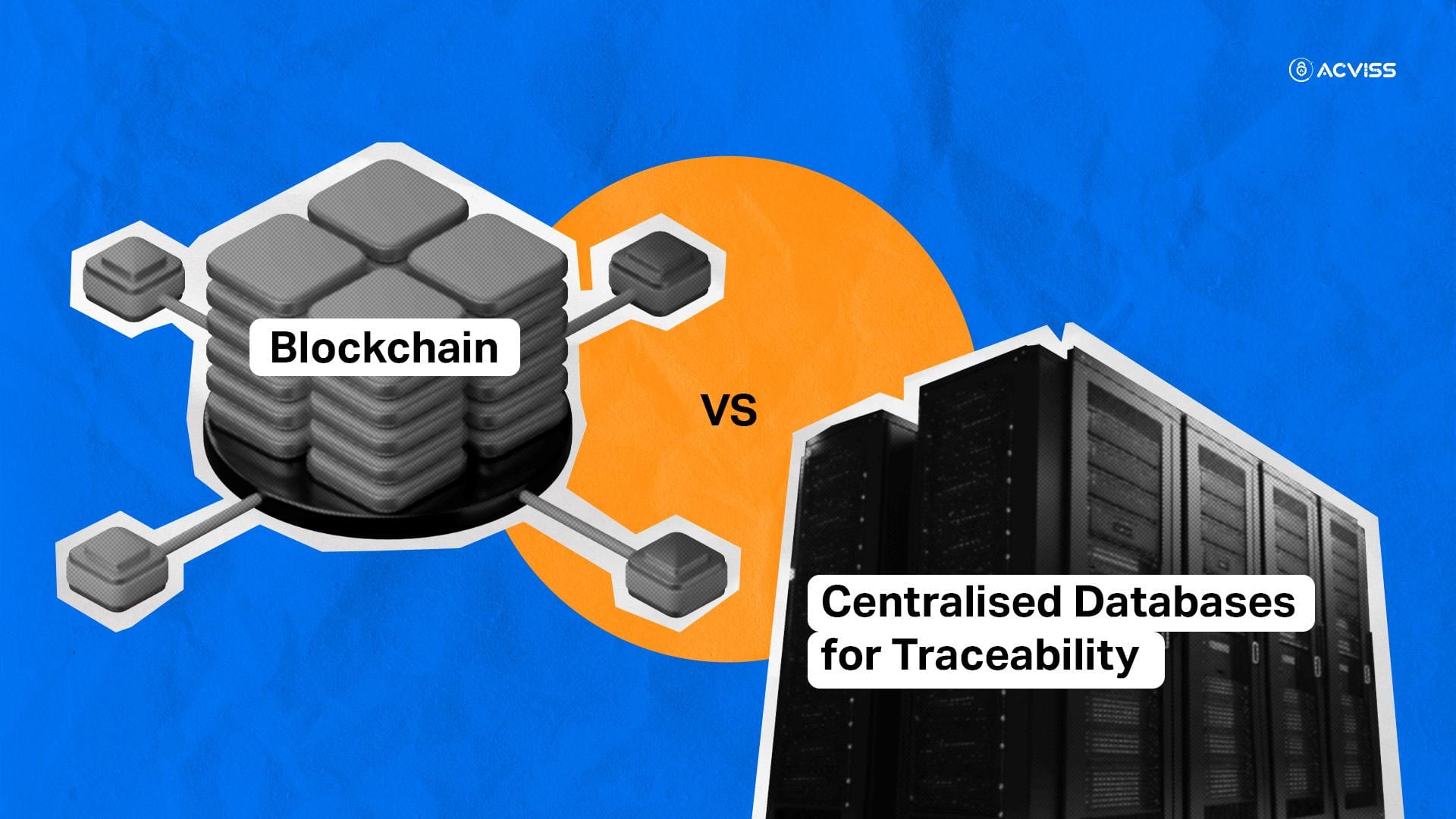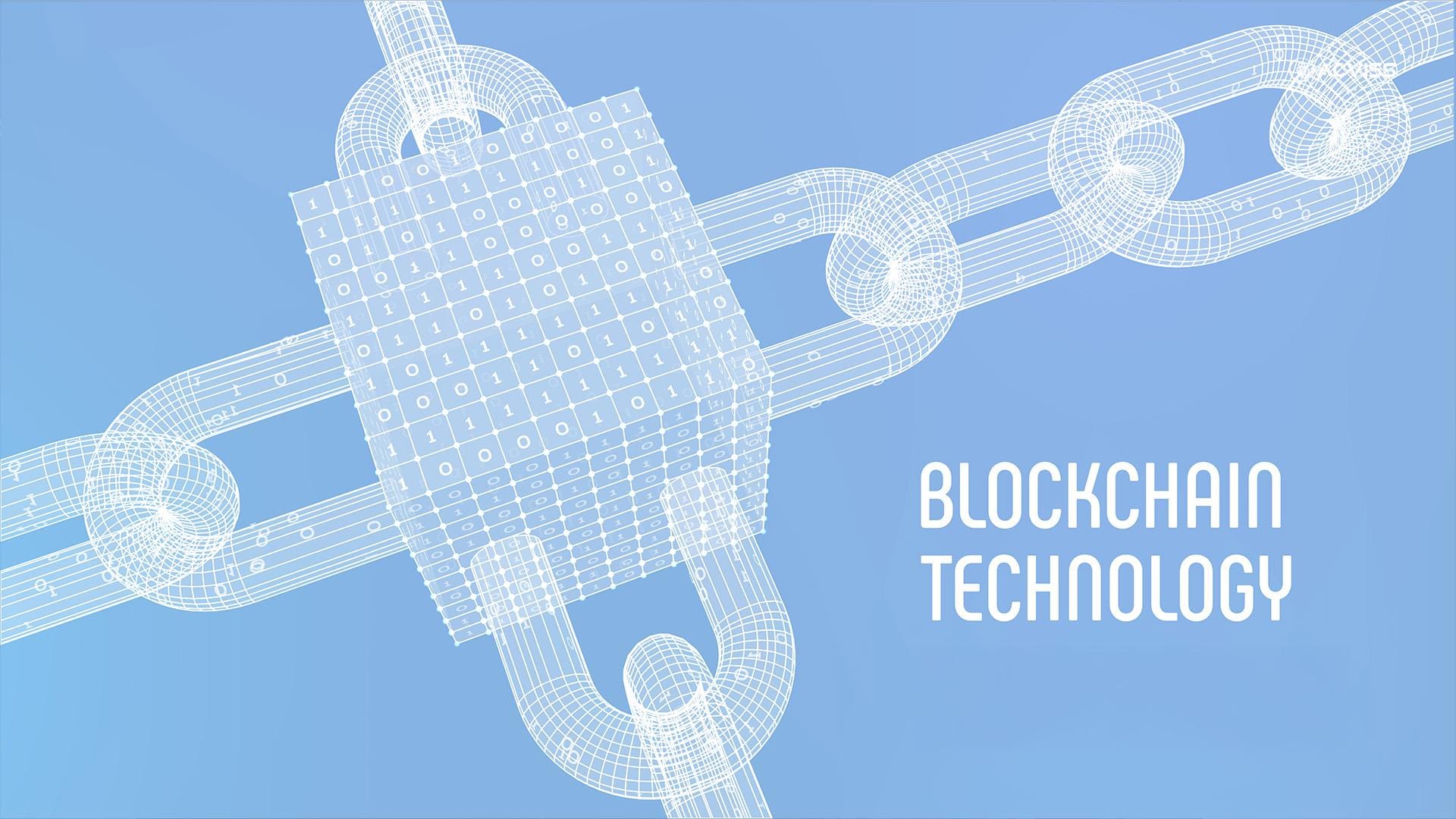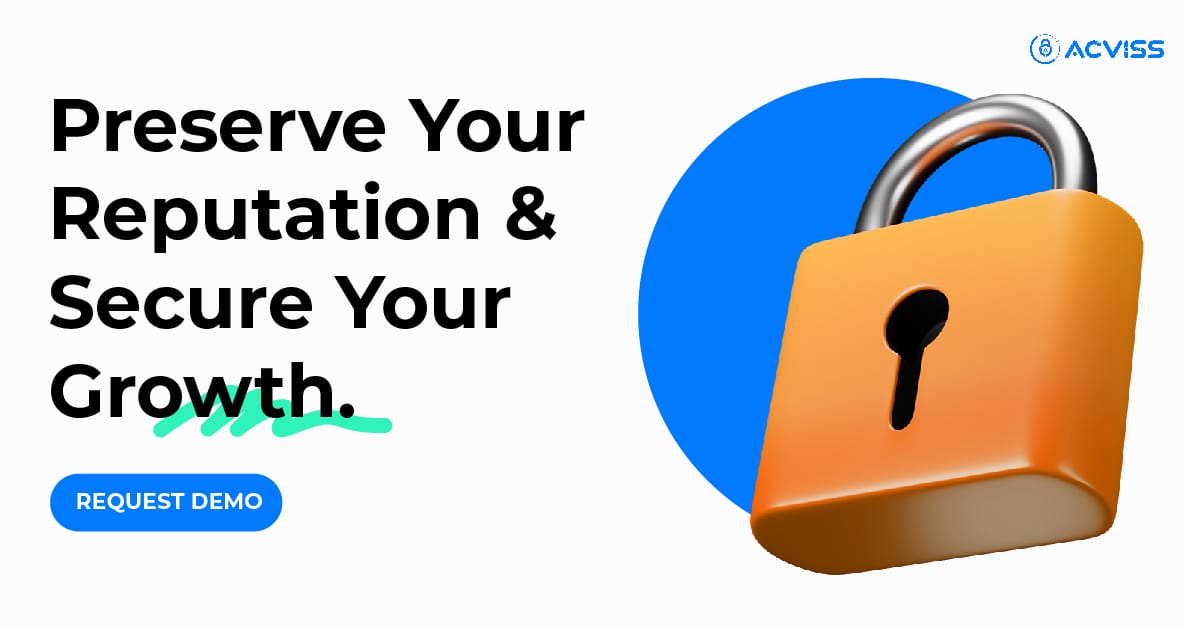Blockchain vs Centralised Databases for Traceability: Pros & Cons

In today’s globalised economy, traceability is no longer a value-add. It’s a necessity. Whether you’re managing food exports, pharmaceuticals, luxury fashion, or consumer electronics, the ability to track and trace every item in the supply chain can make or break your brand’s credibility.
For brand owners, this often leads to one key decision: Should you use a centralised database or embrace blockchain technology for traceability?
Both options claim to offer control, transparency, and efficiency, but the reality is far more nuanced.
With over three decades of covering technology, governance, and IP protection, I’ve seen many systems rise and fall under the pressure of real-world complexity. Let’s break this down clearly so you, as a decision-maker, can choose the right path for your brand’s future.
Why Traceability Has Become Business-Critical
Before we dive into the comparison, it’s worth taking a step back. Why are companies suddenly investing so heavily in product traceability?
The short answer: Trust.
Trust in origin. Trust in quality. Trust in authenticity.
When counterfeit markets thrive and grey market sales are a rising threat, traceability is no longer just about operational efficiency; it’s about brand protection.
Customers now expect transparency, regulators demand accountability, and supply chain partners want visibility. Traceability solutions not only support anti-counterfeiting technologies but also serve as the foundation for robust product authentication and brand verification programmes.
At its core, traceability is your brand’s story, documented, verifiable, and immune to tampering. But the method you use to record and share that story? That’s where the real debate begins.
Centralised Databases: The Traditional Powerhouse

Most legacy systems still rely on centralised databases. These are controlled by a single entity, often a brand owner or a supply chain integrator.
Pros of Centralised Databases
1. Simplicity and Speed
Centralised systems are typically faster to deploy. Data is stored and retrieved from a single source, making integration with existing enterprise systems, such as ERPs, easier.
2. Lower Cost of Implementation
Because centralised databases have been around for decades, the infrastructure and developer expertise are widely available, which brings down implementation costs.
3. Controlled Access
When you're the sole owner of the system, you can define who gets to see and edit what, streamlining governance.
4. Mature Tools and Support
Centralised platforms benefit from years of tooling, support systems, and best practices in IT management.
Cons of Centralised Databases
1. Lack of Transparency
Other stakeholders in your supply chain often have to “trust” that you’re sharing accurate data. They can't independently verify it, which leads to friction, especially in cross-border operations.
2. Vulnerable to Tampering
If someone gains access to the central database, they can alter records without a trace. This is a serious concern for trademark protection, especially in high-risk industries like pharma and agrochemicals.
3. Single Point of Failure
Outages, data corruption, or cyberattacks can bring down the entire system. Redundancy and backup can mitigate this, but the risk is inherent.
4. Limited Stakeholder Collaboration
Getting every supply chain partner to work inside your system often means enforcing your rules. That’s not always welcomed by upstream suppliers or distributors.
Blockchain: The New Contender

Blockchain introduces a decentralised ledger that is shared across multiple parties. Each record is linked (or ‘chained’) to the one before it, making it nearly impossible to alter past data without consensus.
Pros of Blockchain in Traceability
1. Tamper-Resistant Records
Once a transaction or record is entered, it cannot be modified without a collective agreement. This makes it ideal for brand authentication and product verification, especially when dealing with critical IP protection data.
2. Enhanced Transparency
Stakeholders, from the raw material supplier to the last-mile distributor, can access the same version of the truth. This removes ambiguity, fosters trust, and improves compliance reporting.
3. Perfect for Multi-Party Environments
When many entities are involved in a single supply chain, blockchain eliminates the need for a central authority. This is particularly useful for cross-border goods, certifications, or trademark ownership claims.
4. Real-Time Traceability
Blockchain platforms can be designed for near-instant data propagation across nodes, allowing real-time tracking of goods in motion.
5. Aligned with Consumer Expectations
Consumers are increasingly demanding QR-code-based product authentication systems. Blockchain allows them to verify a product’s history from origin to point of sale, without relying on a brand's internal data.
Cons of Blockchain
1. Higher Setup Complexity
Implementing a blockchain-based traceability solution requires a thorough understanding of smart contracts, node governance, and data architecture. Not every IT team is ready.
2. Performance and Scalability Challenges
Blockchain platforms can be slower at handling large volumes of transactions compared to traditional databases, especially if not optimised correctly.
3. Cost and Infrastructure Overhead
Hosting and maintaining multiple nodes, especially for permissioned blockchains, can be more expensive than centralised servers.
4. Regulatory Uncertainty
In some regions, the legal recognition of blockchain-based records is still evolving, which may pose hurdles in intellectual property enforcement or legal disputes.
Use Case Comparison: When to Use What
To make the decision easier, let’s compare a few common scenarios:
Scenario | Best Fit |
|---|---|
Internal manufacturing tracking | Centralised Database |
Multi-vendor supply chain (e.g. garments) | Blockchain |
Warranty verification for electronics | Centralised or Hybrid |
High-value luxury goods authentication | Blockchain |
Government compliance reporting | Centralised or Hybrid |
Grey market leakage monitoring | Blockchain |
In many cases, a hybrid model, where blockchain is used for external interactions and a centralised system manages internal records, offers the best of both worlds.
The Reality Brands Must Accept

The debate isn’t just about technology. It’s about who you want to trust, your own system or a distributed network of partners.
If your brand’s reputation hinges on product authentication, and if your customer base is increasingly suspicious of lookalikes, then traceability is not a technical choice. It’s a strategic one.
And like every strategic decision, it has long-term implications.
How Acviss Approaches the Challenge
At Acviss, we’ve spent years helping brands build secure, scalable, and user-friendly systems for product verification, brand protection, and anti-counterfeiting.
Origin by Acviss integrates non-cloneable security labels, real-time product authentication, and intelligent tracking systems that blend centralised reliability with decentralised trust, powered by blockchain system.
We’ve seen firsthand how brands regain control over distribution, build deeper loyalty with consumers, and reduce operational risks simply by getting traceability right.
So, Which One Wins?
There’s no one-size-fits-all winner here.
If you want full control, speed, and simplicity, a centralised database might still serve your purpose, especially for internal operations.
If you want tamper-proof records, transparency, and collaboration, especially across partners, blockchain offers powerful advantages that go beyond technology. It builds trust into the system.
In the end, traceability is not just about tracking your supply chain. It’s about protecting your brand, your customers, and your long-term value.
Interested in building a traceability solution tailored to your brand? Reach out to the Acviss team and explore how Origin can help you future-proof your supply chain with blockchain intelligence.
